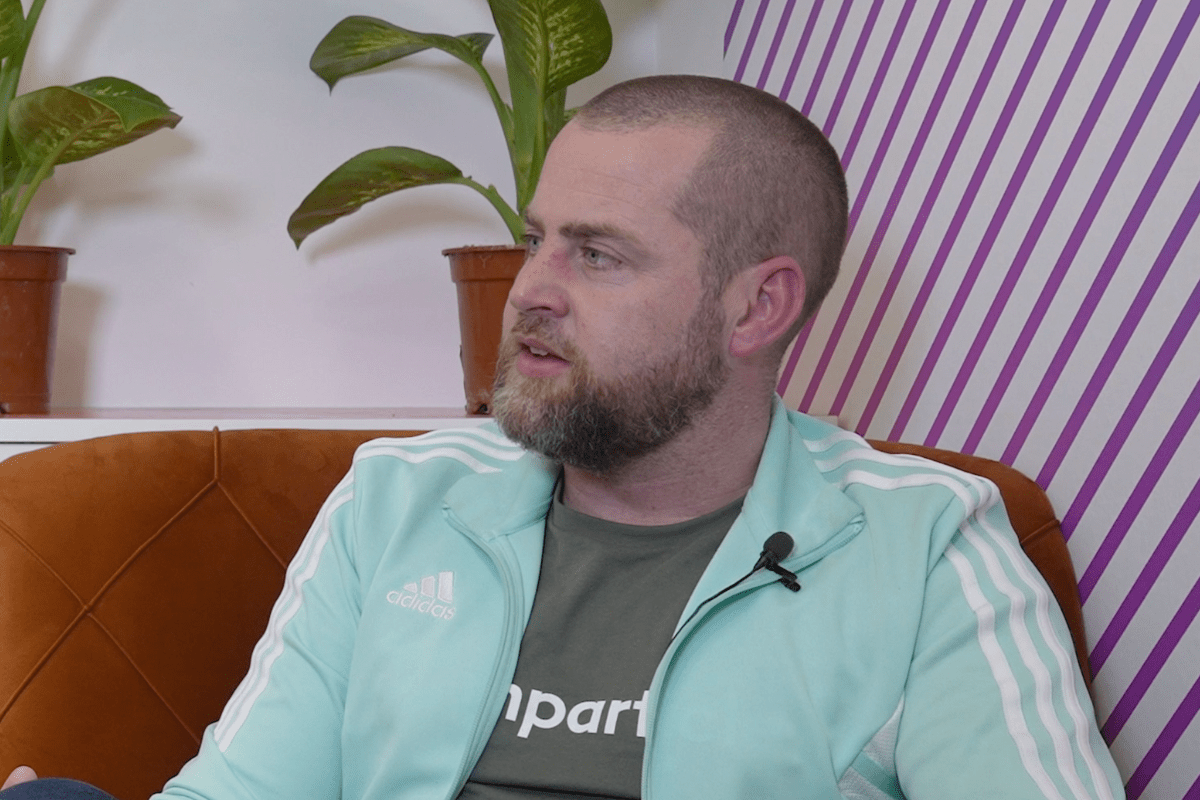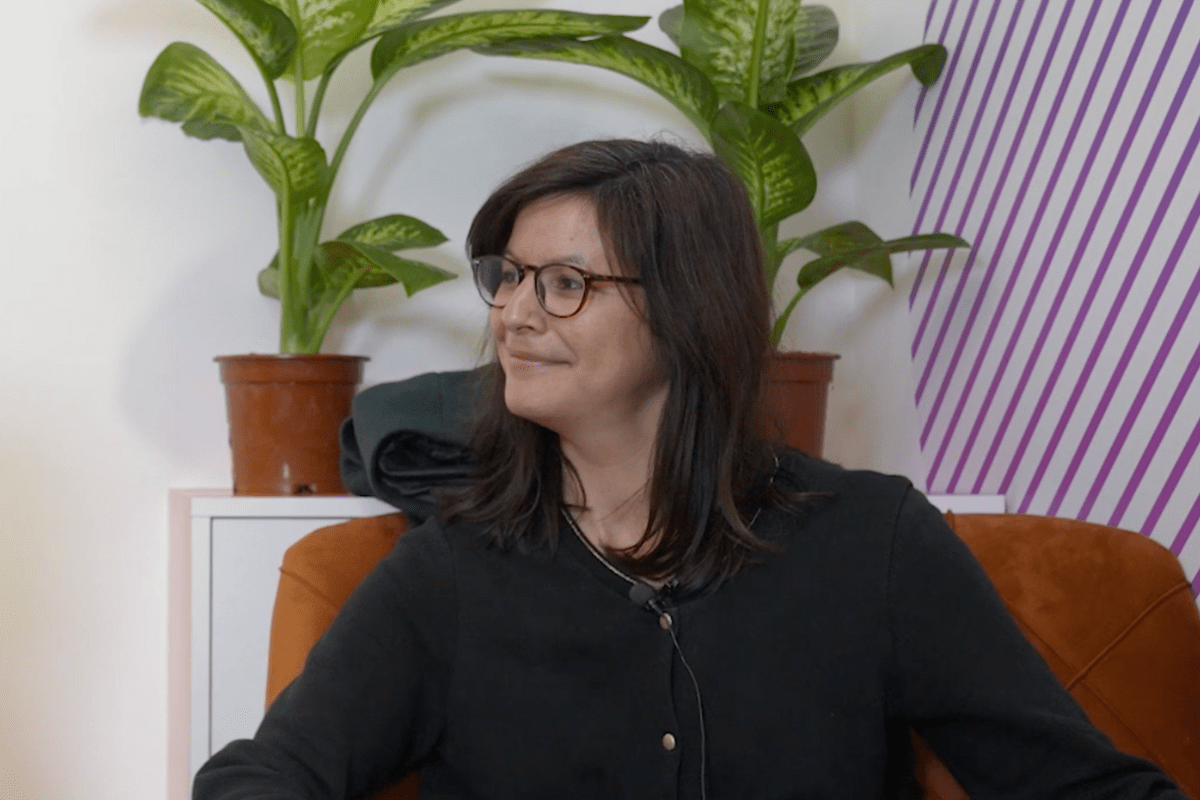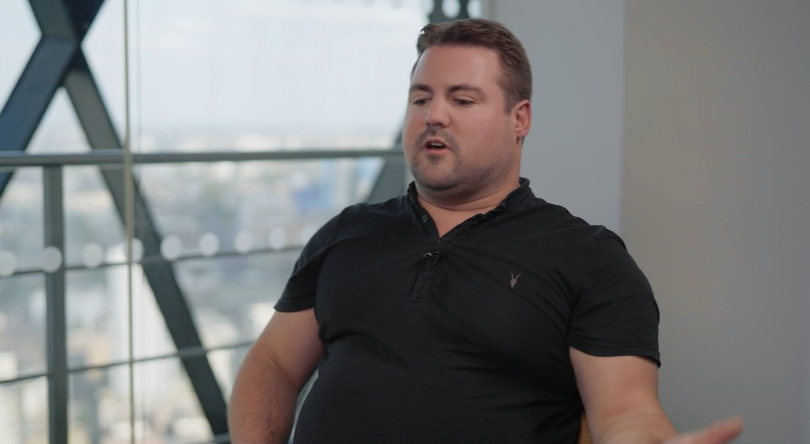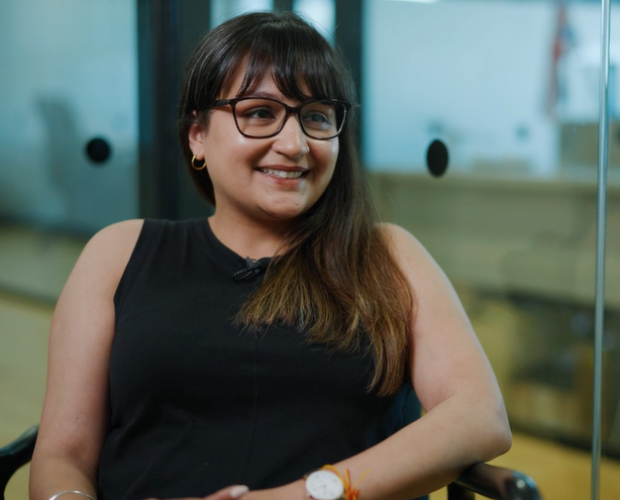Havas Media: Making Oxford Smarter
- Tuesday, October 21st, 2014
- Share this article:

Oxford city centre has a capacity problem, one thats only set to worsen with the demolition of the Westgate shopping centre in the new year. To solve this problem, the county council decided to get smart – literally.
Working together with Oxford University, Oxford Brookes University, Preston Motorsport, Zeta Automotive and Havas Media, Oxford received funding from the governments Technology Strategy Board (now called Innovate UK) to turn itself into a smart city.
This might sound like an unusual project for a media agency to get involved in. But according to chief data officer Mike Potts, who will be giving a presentation on the project at Mobile Marketing Life next month, its not so far removed from the day-to-day business of Havas.
“There are a lot of parallels with the work we do,” says Potts. “We take an entity, whether its a mobile site or a city, and then optimise the users journey and experience. Oxford has a clearly-defined perimeter – its ring road – and you can measure what goes on within that finite space. Its a lot like a website, in a way.”
“The methodology weve used replicates the broader creative process,” adds Paddy Griffith, CEO of Work Club, the digital marketing agency acquired by Havas in May this year. “Its all about establishing a process of innovation.”
“The ultimate ambition has always been taking the process of what weve done in Oxford, the solution set weve come up with, and exporting it to other cities,” says Potts.
This process has the benefit of being much cheaper and quicker for cities to implement than building new infrastructure, though it still remains to be seen how effective the solutions developed are – or even exactly what they are. 
“These solutions are still in development,” admits Griffith. “Were not fully there yet in terms of ideas. “
The project began back in January as a feasibility study, and is currently awaiting a second, larger run of funding to carry it into a second phase from February next year where solutions will be developed and deployed. Currently, these are set to include consumer-facing apps leveraging location-based notifications for car parks capacity updates and, on the back end, a city data management platform and potentially APIs that developers can build their own services on top of – all with a focus on mobile.
“Smartphones are a device to educate and change behaviour on a large scale,” says Griffith. “Were working with big retailers to change the way shoppers behave in cities around buying. Thats something youd have to traditionally spend millions on to achieve, but on mobile it can be done with location-based prompts, and its potentially infinitely scalable.
“Media and comms are a very indirect, inefficient way of changing consumer behaviour. Here were talking about directly influencing users just by making the experience seamless, the same way good web businesses have done for 20 years.
“Those principles are very applicable to all sorts of initiatives, way beyond the traditional scope of marketing. These days, the whole world is powered by digital culture and data.”
Mike Potts and Paddy Griffith will be discussing the Oxford smart city project at Mobile Marketing Life in London, on Thursday 27 November. Check out the full agenda here.
















